This weekend, a curated event will shed light on the ongoing legacy of Hindustani classical music from Mumbai’s Bhendi Bazaar gharana
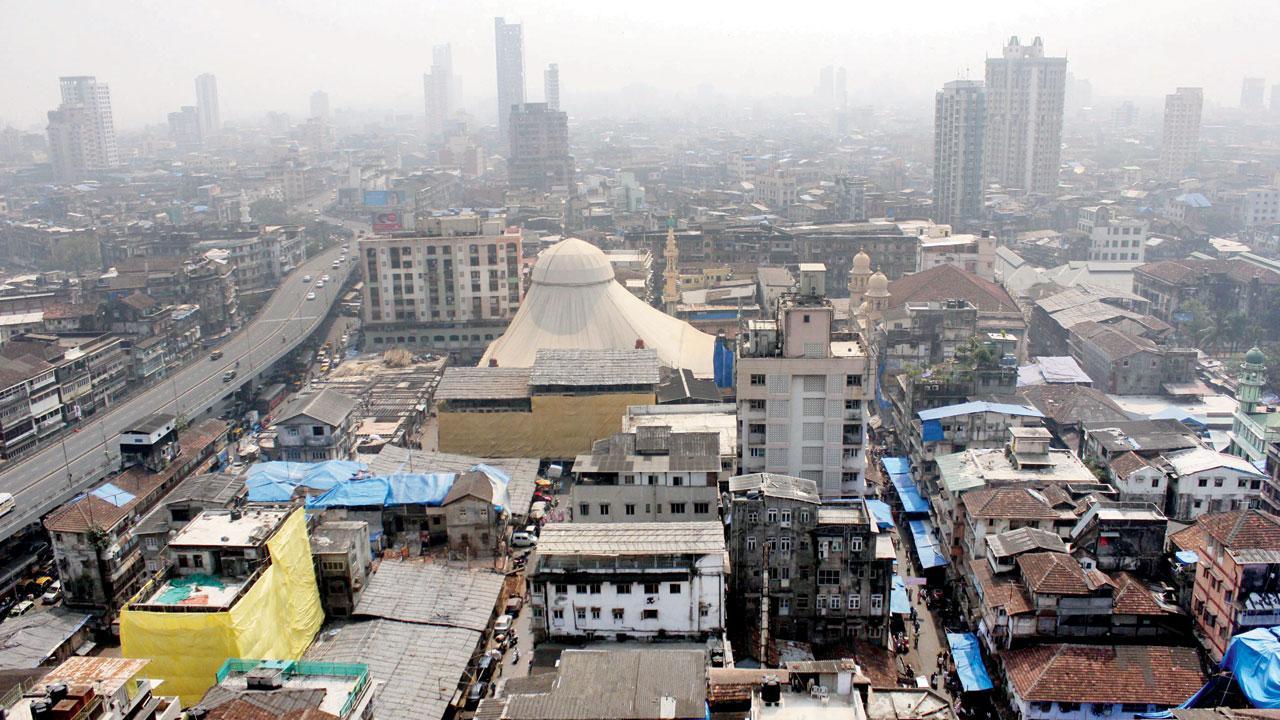
The fame of the Bhendi Bazaar gharana was such that the neighbourhood attracted young aspirants in music, including Mohammed Rafi who lived in the area during his early days of struggle. File Pic
The English called the neighbourhood ‘Behind the Bazaar’ according to its location between the bustling lanes of Mohammed Ali Road and Khetwadi. This soon evolved into its more familiar nomenclature, Bhendi Bazaar over time. But unknown to many, it is also home to one of the premier gharanas of Hindustani khayal music. This weekend, the fifth-generation exponents of the style, Shubha Joshi, Kishori Janorikar and Anuradha Kuber will drop in to Mumbai for a two-day lecture-performance, Behind the Bazaar: Revitalising the Bhendi Bazaar Gharana, at G5A in Mahalaxmi.
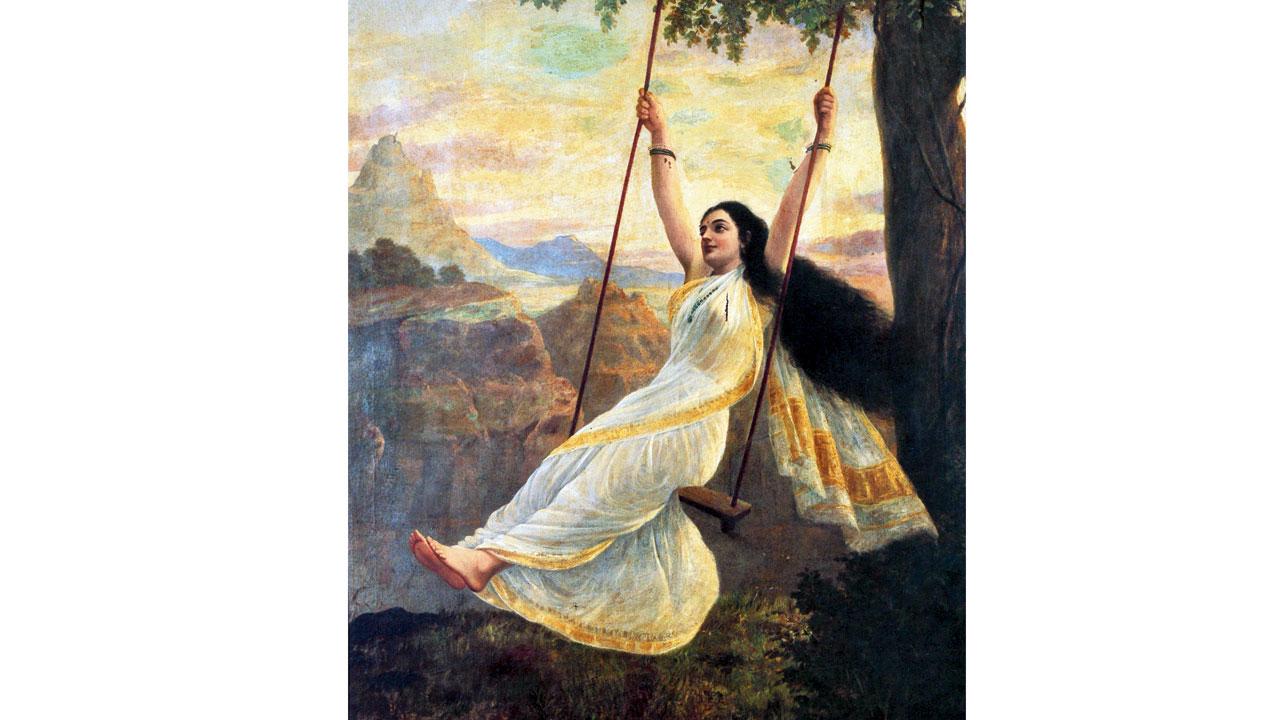
Anjanibai Malpekar was the inspiration for this Raja Ravi Varma portrait. Pic Courtesy/Wikimedia Commons
In Hindustani classical music, a gharana refers to a musical style that is passed down from teacher to student, or through lineage. Anuradha Kuber, a fifth-generation exponent, explains, “The importance of a gharana for any musician can be equated with that of having a family. Just as a family gives you a sense of belonging, a gharana gives you the validation of belonging to a certain musical stream or thought.”
City roots
In 1870, Ustads Chajju Khan, Nazir Khan, and Khadim Hussain Khan founded the eponymous gharana in the neighbourhood. “A gharana often takes its key characteristics from its founding member, but with three brothers laying the foundation, each had their own specialty,” vocalist and lead consultant on the Bhendi Bazaar Gharana Project, Tejashree Amonkar points out.
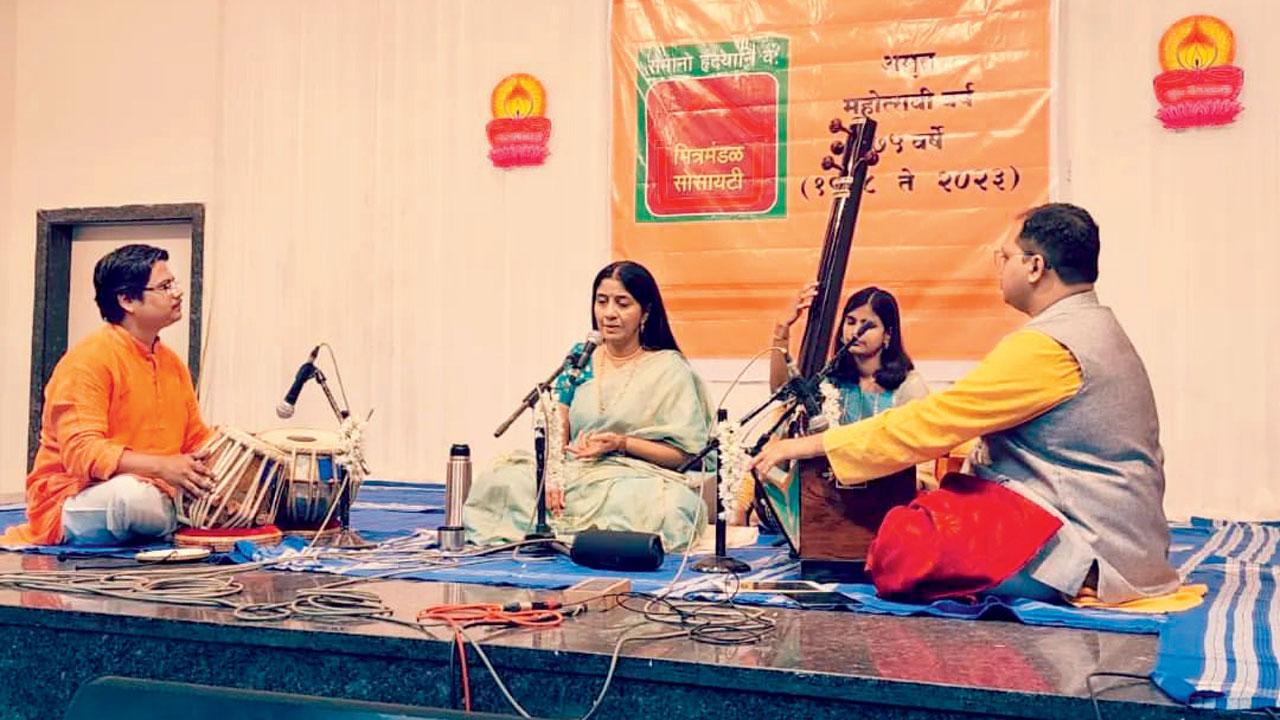
Anuradha Kuber in performance. Pic Courtesy/Instagram
This further evolved as the brothers brought students to their fold. The first, and perhaps the best known was Ustad Aman Ali Khan under whom names such as Pandit Shivkumar Shukla, Pandit TD Janorikar, as well as Lata Mangeshkar and Manna Dey studied. Kuber, a student of the late Pandit TD Janorikar, says, “Many veterans learned from Ustad Aman Ali Khan saab. The gayaki was very different from the other singing styles prevalent during that time. That was probably its attraction.” This history and nuances of the gayaki (singing) will be a key part of the lecture discussions between Kuber and Kishori Janorikar during the two-day event.
Stylistically unique
Like the other gharanas, the Bhendi Bazaar Gharana had certain unique facets that set it apart. Kuber says, “These include the way the bandish is decorated with sargam patterns and bols, and the aesthetic use of grace notes. There is also a slight Carnatic influence on the sargam patterns employed by this gayaki.”
Among the many students who turned to this school was the legendary Kishori Amonkar, Tejashree’s grandmother, who learnt under Vidushi Anjanibai Malpekar — the first female Sangeet Natak Akademi Fellowship-winner, and a muse to artists like Raja Ravi Varma and MV Dhurandhar. This personal connection was another reason that drew Tejashree to the project.
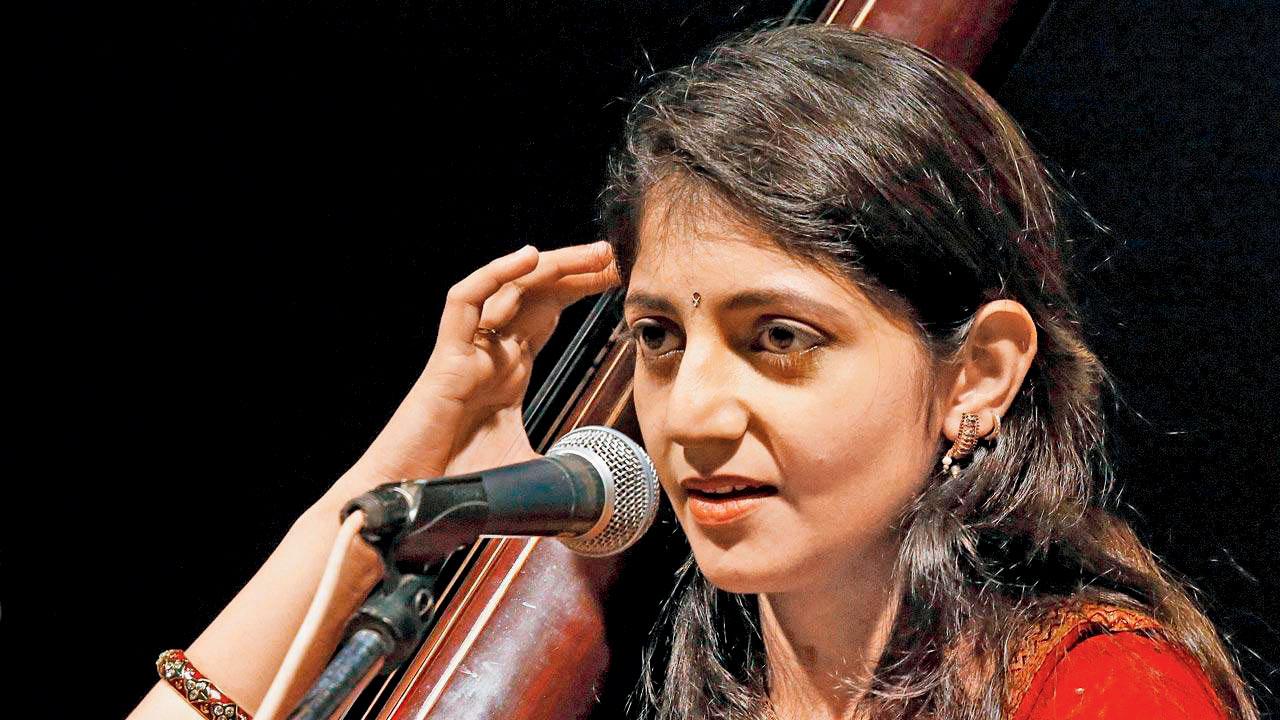
Tejashree Amonkar
Describing the facets of the style, Kuber adds, “The gayaki placed a lot of emphasis on the way the words had to be pronounced in a bandish.” This focus on enunciation sets the style apart from other khayal forms of singing. “Raagdaari in Hindustani classical music can sometimes be obscure. Singers of this gharana have a very good balance between projecting the notes and the alphabet without compromising either,” shares Tejashree.
Democratic values
In some ways, the gharana imbibed the values of the city it resided in. “As far as I know, this is the only gharana that grew without the patronage of a royal court. It was helped by the British administration, but mainly it was the public that patronised it,” Tejashree remarks. Yet, as the 19th century turned over, the lines between gharanas grew increasingly blurred, with the name even limited to the circles of Hindustani classical musicians.
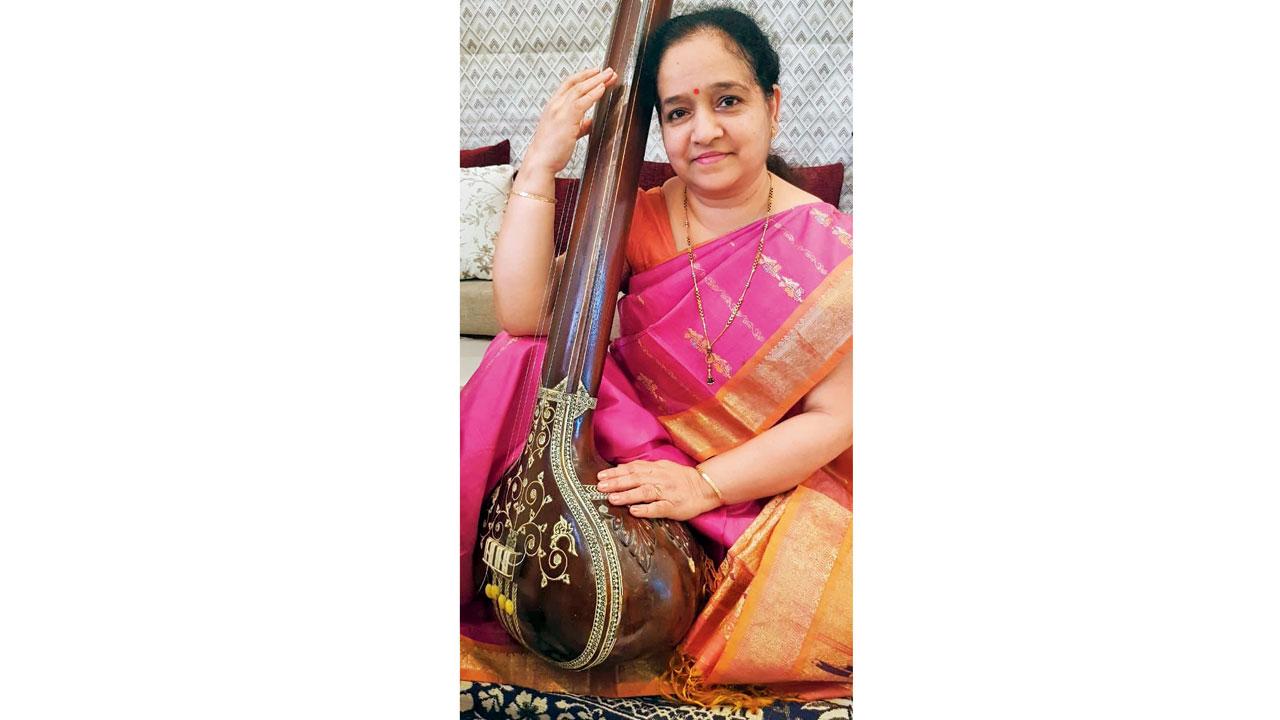
Kishori Janorikar
To conserve and encourage this school and its distinct style was one of the focus of the Bhendi Bazaar Gharana Project by G5A’s cityLAB. Artistic director Anuradha Parikh states, “We wanted to acknowledge its vital contribution to Mumbai’s legacy by introducing the gharana through its exponents and presenting a weekend of performances, an exhibition, a lec-dem and the launching of a dedicated website.” Saurabh Hantolkar, 22, is the first new student to be mentored by Shubha Joshi as part of the programme. The difference is in the experience, he says, is in the approach. “I lacked a certain self-awareness of the skills, and their scope. That focus is something that I have learned,” he says. While it seems that everything has changed, the gharana might still continue its historical legacy in the city; starting with a weekend of historical and musical recollection.
ON June 15, 6 pm to 10 pm; June 16, 10 am to 12.30 pm
AT G5A Warehouse, Shakti Mills Lane, Mahalaxmi West.
Log on to insider.in
Entry RSVP mandatory
 Subscribe today by clicking the link and stay updated with the latest news!" Click here!
Subscribe today by clicking the link and stay updated with the latest news!" Click here!








